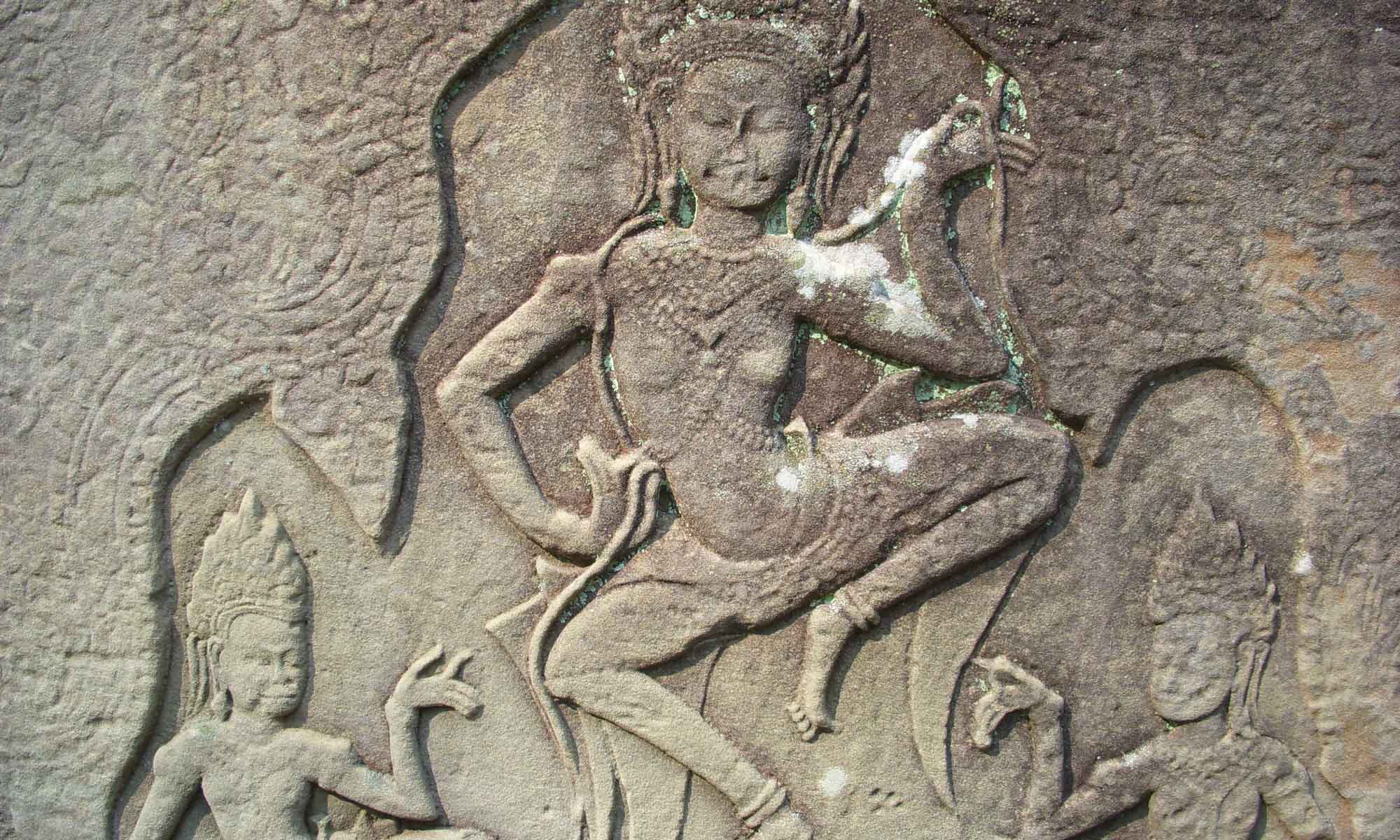Wisdom Across the Ages: Celebrating the Centennial of Archaeomythologist Marija Gimbutas
A Virtual Symposium July 16-18, 2021
Submissions Deadline: Feb 15, 2021
Proposals are accepted on these topics for this symposium
-
-
-
-
- Women at the Center
- Voices from the Land
- Human-Animal Relationships
-
-
-
WOMEN AT THE CENTER (balanced societies engendering peace, collaboration and mutual respect), including such topics as:
- Perspectives of Indigenous, land-based cultures regarding traditional roles and social structures.
- Views of Indigenous Mother-centered societies—birthing, nurturing, and guiding past, present, and future generations.
- Women at the Center /Goddess at the Center: exploring archaeomythological expressions of the main themes of Old European Goddess symbolism described by Marija Gimbutas as “the mystery of birth and death and the renewal of life, not only human but all life on earth.”
- Sacred symbolism, oral traditions, and women’s traditional arts and technologies within past and present female centered societies.
- Principles of social and environmental justice: responses to structural violence against women and the planet.
VOICES FROM THE LAND (Old European/Indigenous/First Nations Wisdom, symbols and enduring traditions, codes of sustainability and respect – then and now), including such topics as:
- Honoring the Earth as the source of life, origin stories linked with sacred places.
- The land as a living sanctuary: rituals in sacred caves, springs, mountain top shrines and processional ways.
- On the brink of extinction: floods, fires, earthquakes and hurricanes. Ancient wisdom for mutual [healing and] survival.
- Sacred relationships with living ecosystems engendering traditional earth-based technologies, such as basket making, weaving, pottery, ethnobotany, and ancient pharmacology.
HUMAN-ANIMAL RELATIONSHIPS (sacred roles of our non-human ancestors), including such topics as:
- Animals as totems, teachers, touchstones: Animal ancestors in myths, images, rituals, sounds, and symbols.
- Animal-human fusions: hybrid figures of Old Europe and beyond when humans and animals shared a common language.
- Supporting the Kurgan Hypothesis: What genomic studies and ancient DNA reveal about early domestication and human and animal migrations.
- Honoring animals as models of collaboration, communication, interdependence, and agency in folk mythologies, ritual expressions, and imagery.
Presenters from all disciplines are welcome, as well as creative artists, filmmakers and practitioners who engage these appropriate themes in a scholarly manner in their work. Presenters must become members of ASWM 60 days prior to the conference.
Proposals should be 250 words. Presenters whose work is accepted will be asked to submit full text of paper or powerpoint. Presentations should be 15-20 minutes in length. Panels are 90 minutes including discussion. Submit a Proposal by February 15, 2021 via the Form below.
Notifications will be sent out by mid-March. Guidelines for proposals here. For more information contact submissions@womenandmyth.org
UPDATE: SUBMISSIONS ARE CLOSED. Check in for new Calls from time to time by bookmarking this News feed: Calls for Submissions. Also bookmark our Calls for Submission page.







You must be logged in to post a comment.